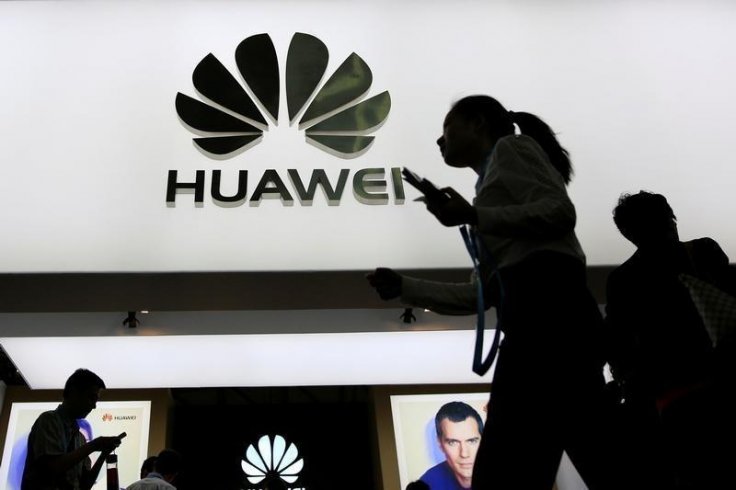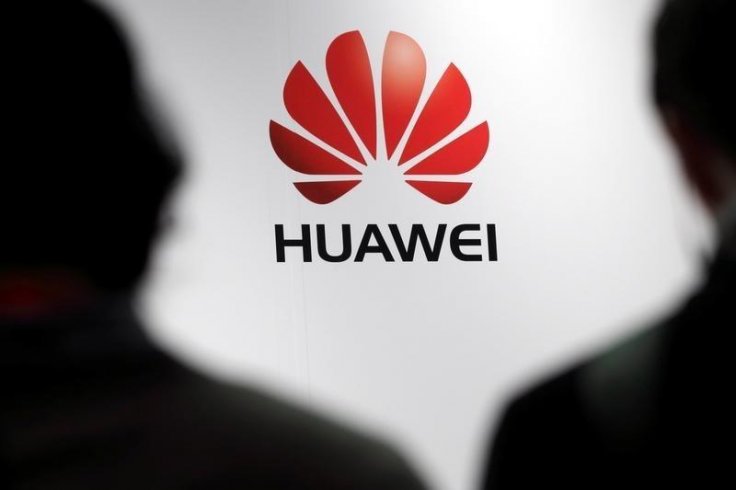
The blacklisting of Huawei from U.S. trade has sparked a global debate on international trade regulations and the future of technology. Following allegations of espionage, the U.S. Department of Commerce ordered all American corporations to stop trade with the Chinese tech giant.
Immediate effects
Chipmakers Intel, Qualcomm and Broadcom had subsequently terminated trade with Huawei. The second largest smartphone manufacturer has enough stock to ensure smooth business for at least another three months. To give time for switching to suitable alternatives, the American government had issued a temporary 90-day license. Companies could smoothly transition and minimise losses from the crippled business.
Huawei claims to have the ability to make their own chips without the American firms' help. However, this does not mean that Huawei can escape the removal of stock Android and Windows from their phones and laptops, respectively.
Google has decided to use the trade window and work with Huawei to make alternatives. Huawei is now set to bring their own unified operating system called indeoenOS, which will work across phones, wearables, laptops and cars.
ARM withdraws license
Losing Google did not pose much of a threat to Huawei, as their CEO emphasised repeatedly. However, the impact of losing ARM may deal a severe blow to the company. ARM is a UK-based supplier of semiconductor licences, owned by a Japanese fund. They don't manufacture chips themselves but sell their designs to most of the biggest manufacturers.
According to a BBC news report, ARM sent a memo to its employees ordering the end of "all active contracts, support entitlements, and any pending engagements" with Huawei and its subsidiaries to comply with the U.S. trade blacklisting. It is also mentioned in the memo that the designs use technology originally from the U.S.
"ARM is complying with the latest restrictions set forth by the US government and is having ongoing conversations with the appropriate US government agencies to ensure we remain compliant," said ARM in a statement. "ARM values its relationship with our long-time partner HiSilicon and we are hopeful for a swift resolution on this matter."
This decision can result in a major setback for Huawei, which relies on ARM's architecture for most of their chips. Huawei replied to their suppliers in a statement: "We value our close relationships with our partners, but recognise the pressure some of them are under, as a result of politically motivated decisions."
Identifying the intervention of U.S. government in the delivery of technology and hoping for a resolution, they added, "We are confident this regrettable situation can be resolved, and our priority remains to continue to deliver world-class technology and products to our customers around the world."
Microsoft Azure may be affected
Microsoft has recently removed all Huawei laptops from its online store in compliance with the orders from the Department of Commerce. The Huawei MateBook X is one of the best laptops available in the U.S. right now, but they may not prove to be so good without a Windows license. Huawei is developing its own software to back up the eventual removal of Windows operating systems from their laptops.
On the flip-side, Microsoft's cloud platform Azure runs on Huawei-manufactured servers. If the trends are anything to go by, Microsoft may have to transition to different servers before the 90-day trade period ends.
This could also affect the trade deal Microsoft made with Sony earlier this month. The cloud gaming focused pact involved an intense use of Microsoft Azure servers. With the cut-off of Huawei technology from U.S. infrastructure, the Japanese corporation may also face a ripple effect.

Economical overview
The current scenario poses a serious question to everyone – can either economy survive without trade from the other? We know that Huawei has its equipment in use across the globe since it is one of the biggest tech companies. American corporations and consumers will have to forego all that within a span of three months.
Additionally, Chinese billionaires are suffering from the market's instability. According to a Bloomberg report, The men behind surveillance companies Hangzhou Hikvision Digital Technology Co. and Zhejiang Dahua Technology Co. lost over $8 billion in combined fortunes since March of 2018, as shares of both companies sank by over 40 percent due to the U.S.-China trade battle
After barring Huawei from access to American technology, the Trump administration has targeted these Chinese surveillance companies, which have been helping the Chinese government in keeping tabs on its people. Both companies have been accused repeatedly of facilitating the government-led suppression of Uighurs, a Muslim minority group in Xinjiang.
Looming uncertainty
While Huawei's entry into the 'entity list' did not mean much for the company as far as production was concerned, recent developments indicate that the effects were far-reaching. It means a lot for the consumers and the investors, who now understand the extent to which technology from Huawei is subjected to the trade restrictions implemented by the U.S. government.
Firms across the globe are now hoping for a resolution to the conflict, which has affected a multitude of people. Consumers may have to think twice before purchasing another product from the company. Investors are unsure of the success of the firm.
However, Huawei remains confident that they will pull through with their own technology. Huawei's fate hinges on the success of their upcoming operating system. We are yet to hear of progress with regard to indeoenOS. Stay tuned for updates.









